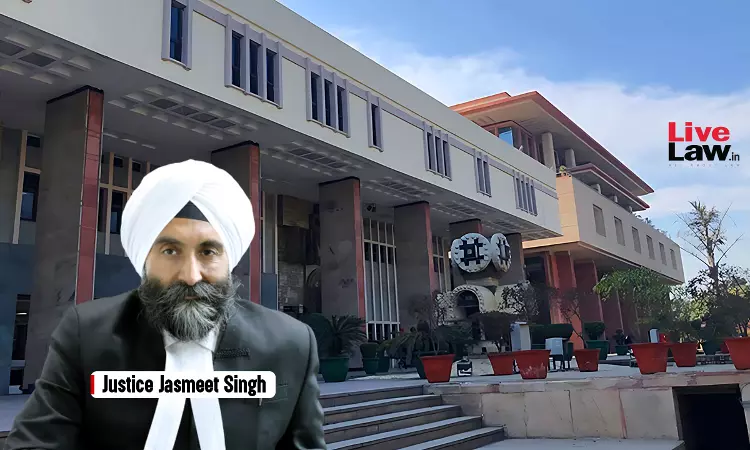Arbitration Clause Valid Despite Even Number Of Arbitrators: Delhi High Court Allows Section 11(6) Petition
Rajesh Kumar
12 Jun 2024 8:00 PM IST

Next Story
12 Jun 2024 8:00 PM IST
The Delhi High Court bench of Justice Jasmeet Singh has held that the arbitration clause is not invalidated merely on the ground that the number of arbitrators, as per the arbitration clause, was an even number and therefore, was in contravention of Section 10 of the Arbitration and Conciliation Act, 1996. Section 10 of the Arbitration and Conciliation Act, 1996 states that the...
